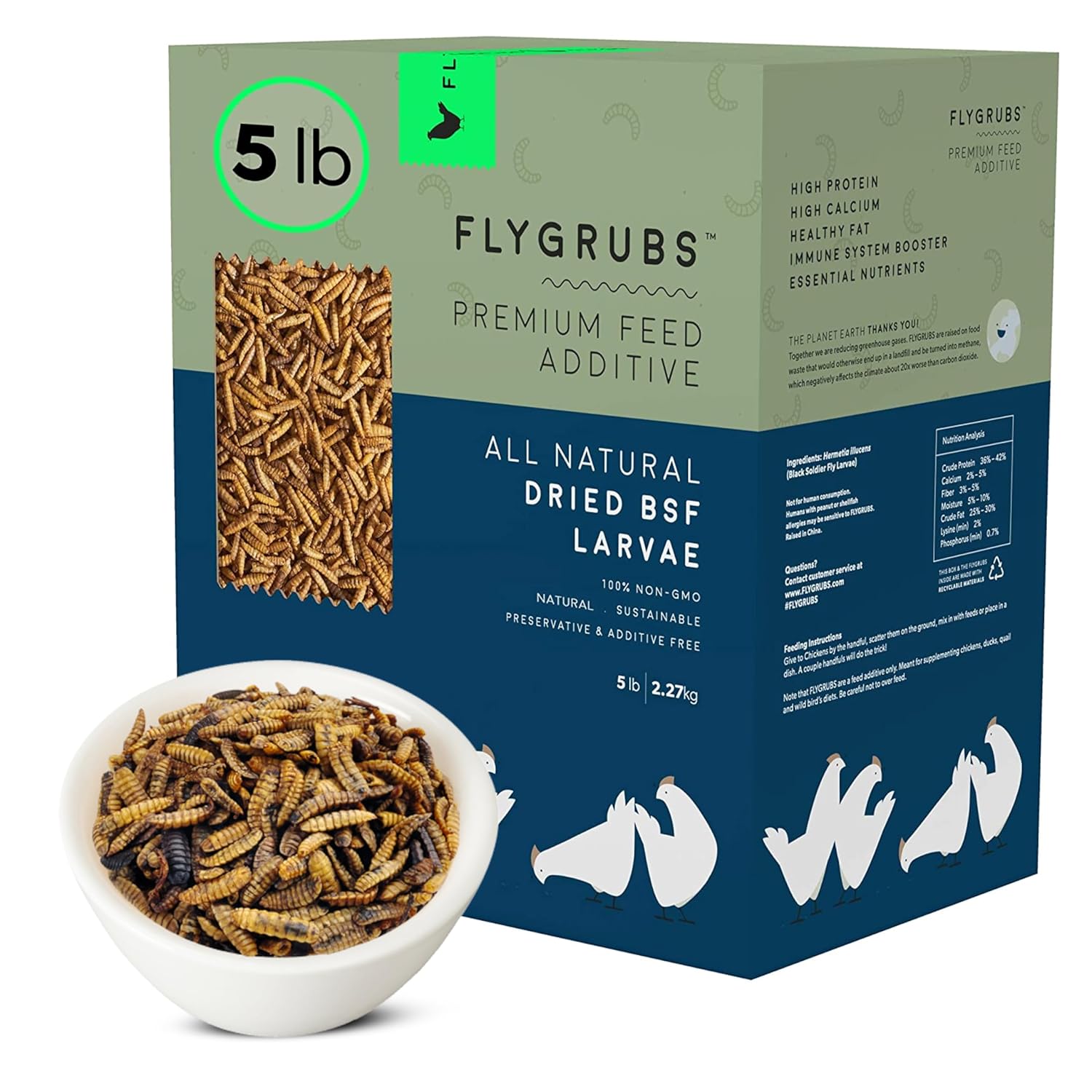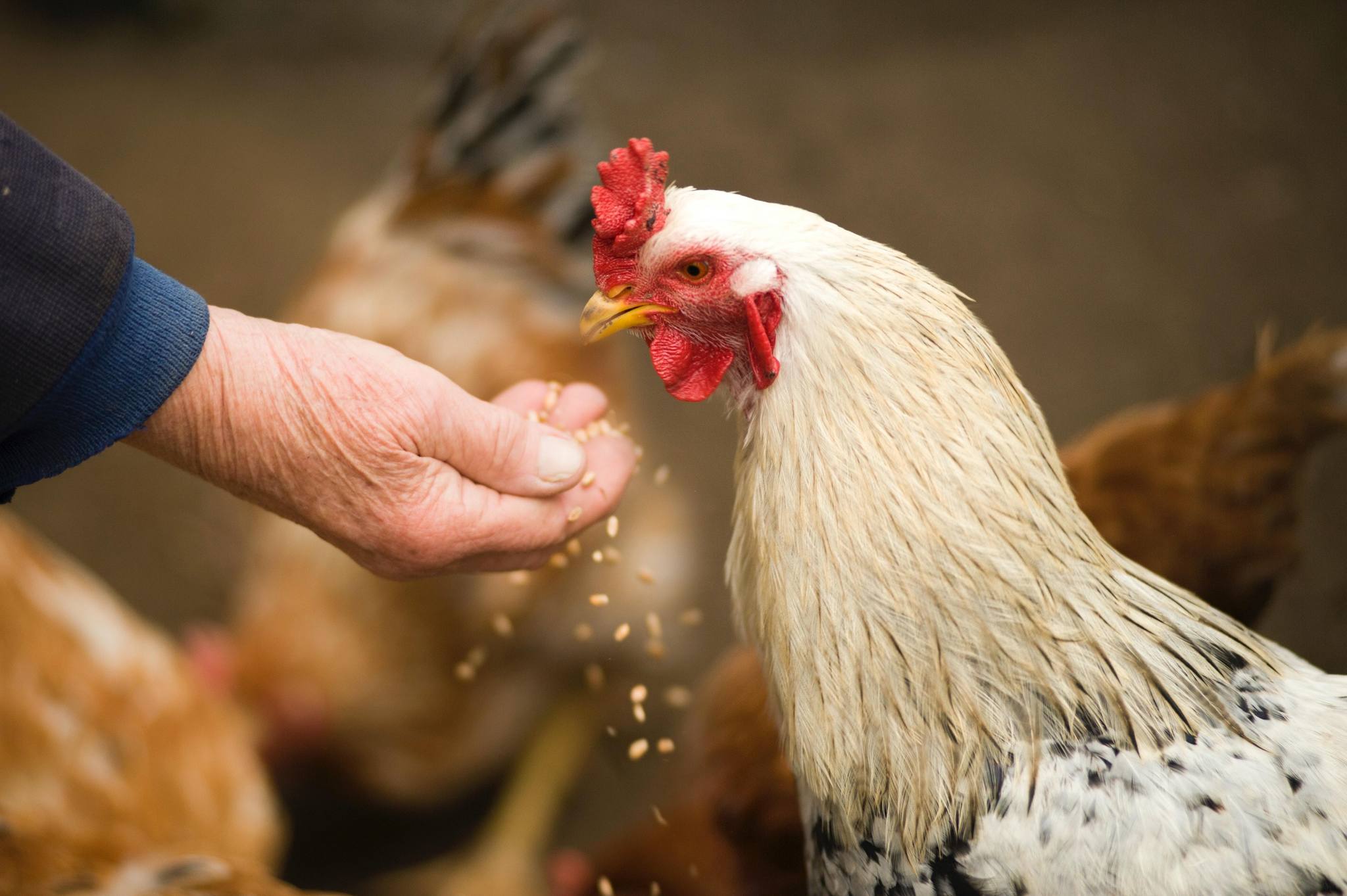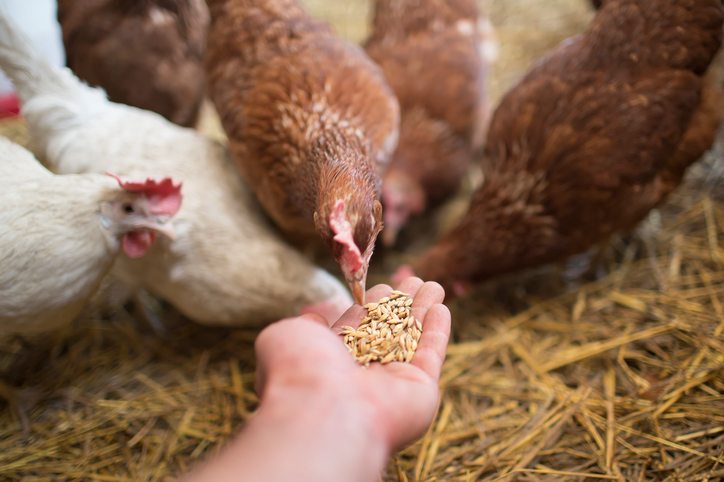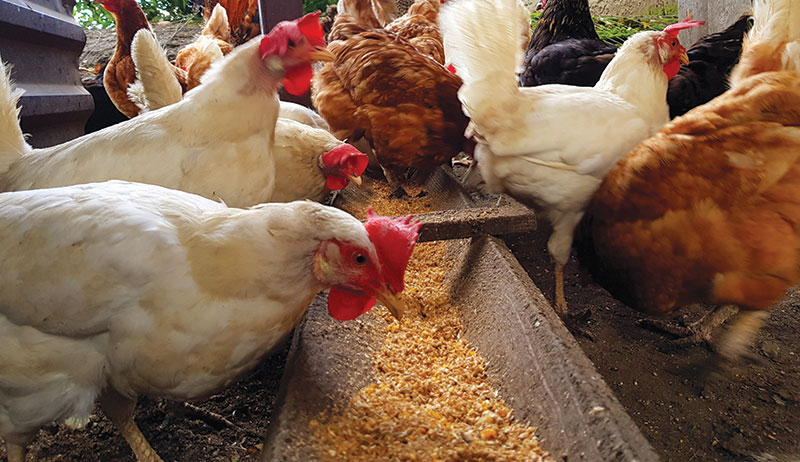Poultry enthusiasts often wonder why it is important to add medications to chicken feed? This question is crucial for anyone committed to maintaining a healthy and thriving flock. Understanding the importance of adding medications to chicken feed can significantly impact the well-being of your birds and the overall productivity of your poultry operation.

The Significance of a Healthy Flock
A healthy flock is the cornerstone of any successful poultry farm. Chickens are susceptible to a range of diseases and parasites that can affect their health, egg production, and meat quality. Adding medications to their feed is a proactive measure to combat these threats and maintain optimal health.
Preventing Common Poultry Diseases
Chickens are prone to various diseases such as coccidiosis, avian influenza, and Marek’s disease. These illnesses can spread rapidly and devastate a flock. Medications in feed act as preventative measures to keep these diseases at bay and ensure the longevity of your birds.
Enhancing Egg Production and Quality
Healthy chickens are more likely to produce high-quality eggs consistently. By incorporating medications into their diet, you can prevent conditions that might impair egg production, ensuring a steady supply of nutritious eggs.

Types of Medications Commonly Added to Chicken Feed
Various medications serve different purposes in poultry farming. Understanding these types helps you make informed decisions about what to include in your chicken feed.
Antibiotics
Antibiotics are used to treat bacterial infections in chickens. They help in maintaining the health of the flock by preventing the spread of harmful bacteria. However, it’s essential to use antibiotics responsibly to avoid resistance issues.
Anticoccidials
These medications target coccidiosis, a common parasitic infection in poultry. Adding anticoccidials to feed helps control and prevent outbreaks of this disease, which can lead to severe health issues and even death in young birds.
Vitamins and Minerals
Adding vitamins and minerals to chicken feed ensures that birds receive a balanced diet essential for their growth and development. Nutritional deficiencies can weaken a chicken’s immune system, making them more susceptible to diseases.

How to Properly Add Medications to Chicken Feed
Knowing how to correctly add medications to chicken feed is crucial for effectiveness and safety. Here are some steps to follow:
Consult a Veterinarian
Always seek advice from a poultry veterinarian before adding any medications to your chicken feed. They can recommend the appropriate types and dosages based on your flock’s specific needs.
Follow Instructions Carefully
Adhere to the manufacturer’s guidelines when adding medications to feed. Overdosing or underdosing can lead to ineffective treatment or adverse effects.
Monitor Your Flock
Regularly observe your chickens for any signs of improvement or adverse reactions. Monitoring ensures that the medications are working as intended and allows for adjustments if necessary.

Case Studies and Practical Insights
Real-life examples can provide valuable insights into the benefits of adding medications to chicken feed. Here’s one such case:
Case Study: Improving Flock Health with Anticoccidials
One poultry farmer faced recurring issues of coccidiosis in their flock, leading to high mortality rates. Upon veterinarian’s advice, they started adding anticoccidials to the feed. Within weeks, they observed a significant reduction in disease outbreaks, improved weight gain in chickens, and enhanced overall flock health.
Balancing Natural Feed with Medications
While medications are essential, balancing them with natural feed components is vital for the overall health of your chickens. A harmonious diet ensures that birds receive all necessary nutrients while still benefiting from the protective effects of medications.
Integrating Probiotics
Probiotics can be a great addition to chicken feed. They promote a healthy gut flora, enhancing nutrient absorption and immunity. Combining probiotics with medications can offer a balanced approach to poultry health.
Natural Herbal Additives
Incorporating herbal additives like garlic and oregano can provide additional health benefits. These herbs have natural antimicrobial properties that can complement the effect of medications.
Regulatory Considerations and Best Practices
It’s essential to be aware of regulatory guidelines pertaining to adding medications to chicken feed. Different regions have specific rules and regulations that must be followed to ensure food safety and animal welfare.
Compliance with Standards
Ensure that all medications added to your chicken feed comply with local agricultural and food safety standards. Non-compliance can result in legal issues and compromise the safety of your poultry products.
Safe Withdrawal Periods
Understanding and adhering to withdrawal periods for medications is crucial. This ensures that residues do not remain in eggs or meat, safeguarding consumer health.
Economic Benefits of Medicated Chicken Feed
Beyond health benefits, adding medications to chicken feed can have significant economic advantages. Healthy birds are more productive, requiring fewer resources and yielding better returns.
Cost-Effectiveness
Investing in medicated feed can save costs in the long run by reducing mortality rates, increasing egg production, and improving growth rates, leading to higher profitability.
Maximizing Return on Investment
Proper use of medications ensures that your investment in poultry farming yields maximum returns. Healthy chickens mean fewer losses and better marketability of your products.
Environmental Impact
The environmental impact of adding medications to chicken feed is a consideration that cannot be overlooked. Responsible use can minimize negative effects on the environment.
Minimizing Waste
Effective disease prevention reduces the need for culling sick birds, minimizing waste and environmental pollution associated with disposal.
Sustainable Farming Practices
Incorporating medications into a well-managed feeding strategy supports sustainable farming by promoting overall flock health and reducing the reliance on harsher interventions.
Conclusion: The Tremendous Benefits of Medicated Chicken Feed
In conclusion, understanding why it is important to add medications to chicken feed is foundational for every poultry enthusiast. Medicated feed not only protects your flock from various health risks but also enhances productivity, economic viability, and sustainability. By following best practices and adhering to regulatory guidelines, you can ensure the long-term well-being of your chickens and the success of your poultry farm.
For more information on caring for your chickens, visit Purina Mills.
FAQ Section
What are the most common diseases in chickens?
Common diseases include coccidiosis, avian influenza, and Marek’s disease. These can be effectively managed with appropriate medications added to the feed.
Can I add vitamins and minerals to chicken feed?
Yes, adding vitamins and minerals ensures that chickens receive a balanced diet, crucial for their growth and immune system.
Is it necessary to consult a veterinarian before adding medications?
Absolutely. A veterinarian can provide tailored advice on the appropriate types and dosages of medications for your flock, ensuring their health and safety.
For additional resources, check out Chicken Breeds.
For jumbo egg layers, visit Jumbo Egg Layers and for Black Chickens.
To learn more about breed longevity, explore Longevity Breeds.
As an Amazon Associate, I earn from qualifying purchases.









